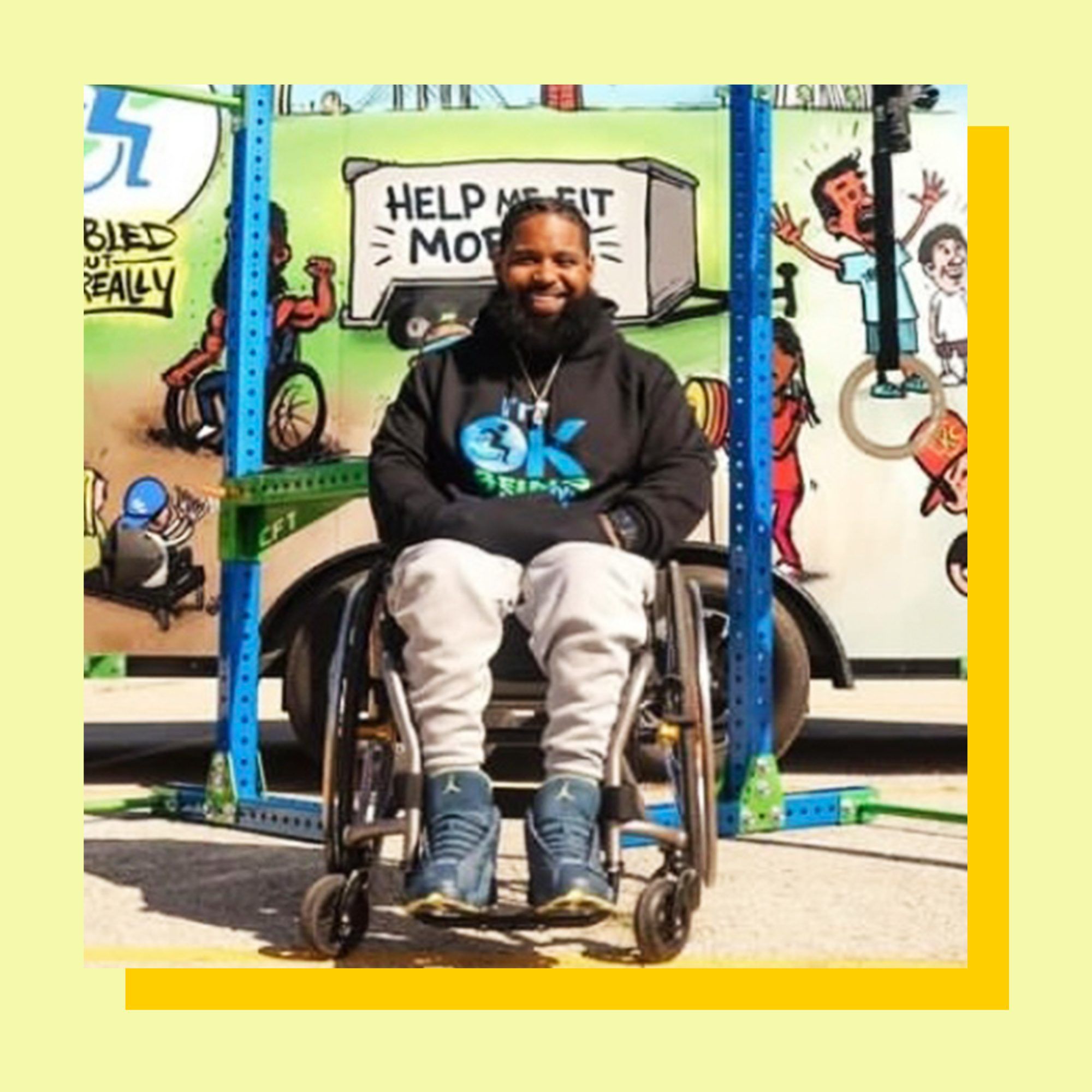Artificial intelligence (AI) is the programming of machines that simulates human intelligence so that they may respond differently and make judgments. The automotive, commercial, and transportation sectors are embracing this technology has been around since the mid-20th century .
Healthcare is another sector that has benefited from AI, with developments speeding at the height of the COVID-19 pandemic. Hospitals are using this intelligence to help with patient monitoring, perform administrative duties, and even support surgeons and doctors during surgery and diagnosis.
Here are five applications of artificial intelligence in the healthcare sector.
1. PROJECTING THE TRACK OF ILLNESS Medical professionals are looking to artificial intelligence to predict a patient’s risk for sickness and how serious the symptoms may be.
Hospitals employed AI to evaluate patient records to foresee which patients will worsen and fill ICU beds nationwide as COVID filled them in 2020. In order to provide the necessary prevention and treatment in life-threatening situations, doctors employ the same AI technology to forecast additional difficult-to-diagnose disorders.
2. CONTROLLING MEDICAL RESOURCES By automating chores, big tech gives healthcare providers administrative solutions. Doctors can better concentrate on treating patients when they do this. By handling some of the administrative chores overworked physicians must perform on a daily basis, AI is employed to reduce the industry’s $4.6 billion cost of physician burnout every year.
Even though some healthcare facilities are having trouble affording the use of AI, tech companies claim they are attempting to increase the software’s accessibility. This will enable more hospital staff to concentrate on the highly skilled jobs required for helping patients.
3. HELPING WITH ROBOTIC SURGERY shortened patients’ hospital stays is 21% higher with minimally invasive robotic surgery. Robots are now able to create new and better surgical techniques by using the data and experience from the past thanks to artificial intelligence.
Additionally, they can employ AI to direct a surgeon’s instruments during surgeries so that they move with greater precision.
Risk assessment could also be aided by artificial intelligence. Studies examine the role that AI could predict complications following surgery plays in developing treatment and rehabilitation strategies.
4. Image analysis The process of image analysis might take a lot of time for medical professionals. However, compared to humans, artificial intelligence is a rate 1,000 times faster better at analyzing three-dimensional imagery.
In the operating area, the new AI technology can assist surgeons in making critical decisions by providing analysis in almost real-time. This will be crucial if an unexpected issue arises that need immediate action.
Healthcare practitioners also anticipate that this technology will lessen the requirement for collecting tissue samples and improve the accuracy of remote care. For instance, the Netherlands use this technology to suture blood vessels specifically in lymphedema sufferers.
5. CHECKING UP ON PATIENTS For the purpose of preventing injured patients from hurting themselves, many hospitals have recruited “watchers.” Others have employed weight-detection sensors to detect when a patient is moving inappropriately in the absence of aid, although there is generally some lag time before assistance really arrives.
Other AI tools can assess a patient’s balance and forecast their risk of falling over the following 12 months. This technology may be essential to preventing the death of the elderly population and preventing serious injury .
AI APPLICATION IN FUTURE HEALTHCARE Artificial intelligence in healthcare relieves doctors of burdens and provides analysis swiftly to improve patient outcomes.
Due to its quick response and precise diagnosis, artificial intelligence may help influence the future of healthcare. However, to promote that development and provide the advantages of connection between medical professionals and patients, it takes the time and labor of bright human minds.














